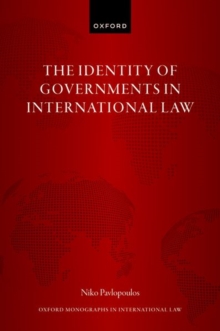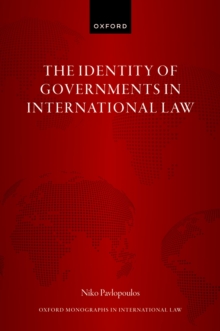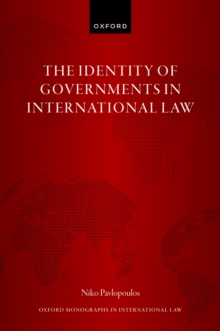
The Margin of Appreciation in International Human Rights Law : Deference and Proportionality EPUB
by Andrew Legg
Part of the Oxford Monographs in International Law series
EPUB
Description
The margin of appreciation is a judicial doctrine whereby international courts allow states to have a measure of diversity in their interpretation of human rights treaty obligations.
The doctrine is at the heart of some of the most important international human rights decisions.
Does it undermine the universality of human rights? How should judges decide whether to give this margin of appreciation to states?
How can lawyers make best use of arguments for or againstthe margin of appreciation?This book answers these questions, and broadens the discussion on the margin of appreciation by including material beyond the ECHR system.
It provides a comprehensive justification of the doctrine, and ALLFSCA14I the key cases affecting the doctrine in practice. Part One provides a systematic defence of the margin of appreciation doctrine in international human rights law.
Drawing on the philosophy of practical reasoning the book argues that the margin of appreciation is a doctrine of judicial deference and is a common and appropriate feature of adjudication.
The book argues that the margin of appreciation doctrine prevents courts from imposing unhelpful uniformity, whilst allowing decisions to be consistent with the universality of human rights.
PartTwo considers the key case law of the European Court of Human Rights, the Inter-American Court of Human Rights, and the UN Human Rights Committee, documenting the margin of appreciation in practice.
The analysis uniquely takes a broad look at the factors affecting the margin of appreciation.
PartThree explores how the margin of appreciation operates in the judicial decision-making process, reconceptualising the proportionality assessment and explaining how the nature of the right and the type of case affect the courts' reasoning.
Information
-
Download - Immediately Available
- Format:EPUB
- Publisher:OUP Oxford
- Publication Date:05/07/2012
- Category:
- ISBN:9780191632150
Other Formats
- PDF from £79.16
Information
-
Download - Immediately Available
- Format:EPUB
- Publisher:OUP Oxford
- Publication Date:05/07/2012
- Category:
- ISBN:9780191632150










